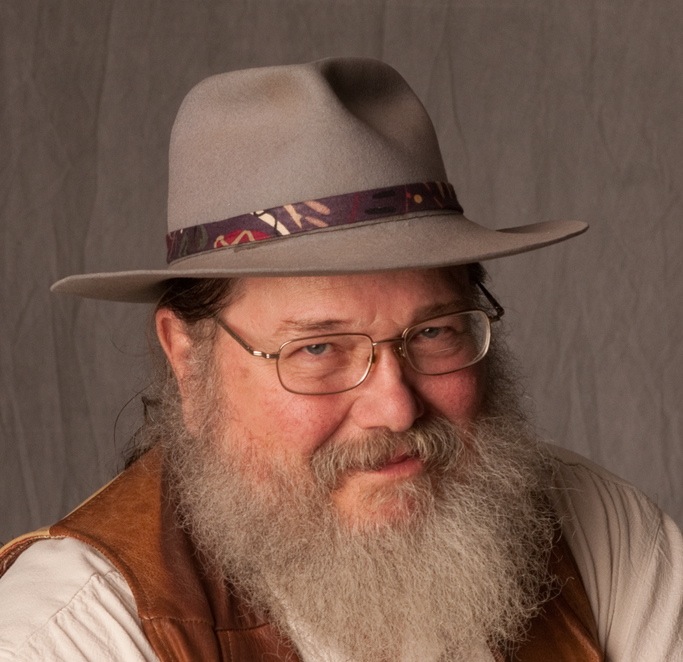“Somebody said, ‘That’s a strange tattoo you have on the side of your head.’ I said, ‘That’s the blueprint left by the coal. A little more and I’d been dead.’”
–“Coal Tattoo” by Billy Ed Wheeler
I’m driving north along Highway 89 in the shadow of the San Francisco Peaks. The October sun threads the air with amber. It picks out the new straw color of Gambel oak on Mt. Elden and the surviving groves of aspen that pour out of the inner basin like molten gold. The vivid purple amaranth is tangled in the dead roadside weeds like the gin blossoms in an old bum’s nose. The breeze is thin and scented with juniper smoke and ice off the hidden snowfields high on Humphreys Peak. It invigorates me and then triggers a tightness in my chest. I do a mental inventory of my winter woodpile. It’s time to call Mr. Stottlemeyer for a load of his hard-won split oak.
I’ve been here before. This place and this time. At the close of an old-fashioned monsoon that drenched the cinder fields by day and rocked the nights with high voltage light shows. It’s time to gather in the acorns and prepare for the coming snows. It’s been a year marked by travel, loss, healing and accepting limitations. I’m worn a little thin …
I’m listening to the radio as I head home. They’re analyzing world news. I don’t have much tolerance for politics these days. I enjoy coverage of the arcane. Give me a story about the last speaker of an obscure Scots dialect or the history of an old folk song and you have my attention.
“I like coal!” rings out from my radio. I can visualize the speaker’s face, his generic good looks. His voice drips with all the warmth of Formica and the sincerity of a used car salesman. My anger comes unbidden. Why do I care what another politician says? I’ll bet he likes coal. His robber baron forerunners liked coal when they bought mineral rights from illiterate mountaineers for pennies on the acre. Once again when they hired them and their children’s children to work in dark damp mines harvesting their birthright—for pennies.
When I lived in West Virginia and Kentucky my neighbors wore the legacy of coal on their faces and bodies for all to see. Their visages would have looked at home besides Dorothea Lange’s Dust Bowl portraits. When I would reach out to shake a hard callused hand it was often missing fingers. Men young and old hobbled on crutches and displayed pinned-up empty coat sleeves or sported eye patches like so many civil war veterans. I used to visit a miner, Goebel Greenhill who lived on One Mile Creek in a tarpaper shack with his wife and two daughters. He was barely 50 but had the aspect of a man in his 70s. He spoke in a whisper and his breath rasped in and out in a wet rattle as though he had a handful of BBs in his lungs. He had black lung—pneumoconiosis and he would talk hopefully of his disability claim being approved so he could provide for his family.
I recall watching trains made up of a 125-plus coal cars hauling Appalachia’s wealth away, snaking past bare-floored shacks and 100-year-old log cabins. They followed the curves of once-pristine rivers that now were choked with the “overburden” of mountain tops that had been pushed aside to gulp down the black icing.
I pass the wind turbines that stand sentinel either side of the highway. They shift with a changing breeze that blows down from Orabi Wash and across the reservation bringing gusts that smell of rabbitbrush and desert sage. I think of the giant slurry pipe carrying coal to the power generating station from the vast strip mine on Black Mesa. I consider the fact that a quarter of families on the reservation heat with coal in stoves that aren’t designed for that fuel and as a result suffer an abnormally high rate of respiratory disease. I don’t suppose they own stock in Peabody Coal.
It’s easy to like something that costs you nothing. There is a price for “cheap energy.” Whether it’s the stark poverty and under-funded education systems of Appalachia or the deteriorating health of the young and very old downwind from the coal-fired generating plants, the bill will be paid.

